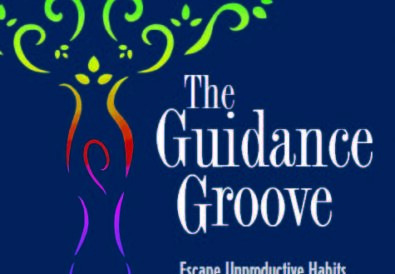He wrote me that prior to his incarceration prison was an abstraction. It was in a movie or a book plot, not affecting his life and he never gave it a thought. I felt the same way until I became a Prison Correspondent Mentor. I had many opportunities for service in the past as a mentor for at-risk teenagers, a mentor for the intellectually disabled, a mentor for Middle School and High School students with their writing and many more over the years never dreaming I would enter the reality of prison life as well.
I was always under the impression that the daily existence of one who was “doing time” for felonies inside of a Federal Correctional Prison was somewhat similar to the outside world until my mentee wrote me about all of the restrictions, including delays in diagnosis of illness, surgery and medications as well as limited spending at the Commissary only once a month and many, many more. My mentee is forty-nine years old and he has already served ten years of a twenty- seven year sentence for drug felonies without parole. He writes me that he has realized that he is in for the long haul and will try to make the best of a bad situation. He thinks people on the outside don’t realize the reality of what prisoners go through: all of the stages of regret, grief, loss of family contacts, possessions, credibility and reputation. He feels a sense of humility realizing that stuff doesn’t matter anymore, people do, because stuff doesn’t write letters.
He worries that he will be returning to an alien environment when he does finally get released, realizing that technology will have changed, the environment, family members and former friends will have passed away and nothing else will be the same prior to his incarceration. He does, however, appreciate the fact that a correspondent mentor keeps him abreast of the changes going on in the outside world. He reminisces often about his former life in his letters. He ponders what he will do with his new life upon release, hoping for acceptance. In the midst of all of these uncertainties he has concluded with certainty that “crime doesn’t pay.”
He wrote that he feels like I’m talking to him in my letters, as if I were also imprisoned, that I understand his feelings and know what to write to make him feel like a human being again. Also how essential it is for his morale and spirit to have his name called at mail call. It lets him know that he has not been forgotten as deep are the feelings associated with outside contact.
He thanks me for the letters, jokes, music information and a variety of positive affirmations and prayers I mail to him as prisoners have no access to the Internet and emails. He wrote that he circulates them around to his friends in the unit because many of them have been abandoned by their families because they committed a crime and ended up in jail. He commends me and anyone out there who takes just a few moments to write to an inmate and he recently mailed me a card in which he wrote: God bless you for being a good Christian and communicating with a prisoner. It means hope. Thank you.”
He has been one acquainted with the night but hope is the key during incarceration and hope is the Light for future release through the support, understanding, compassion, and the unconditional love of those of us who are on the outside who take the time to use the Postal Service to be in service to our fellow human beings.

















